For 17 years, Darrin Ogburn had no place to call home.
“There were just so many different things going on that I almost gave up,” he said.
“A friend of mine kept telling me, ‘Hang in there. Don’t stop, don’t give up, because there’s something out there for you as long as you keep going long enough.’”
That something was the International Institute of Metropolitan Detroit (IIMD), a United Way for Southeastern Michigan partner and Detroit Centers for Working Families site.
“Darrin’s story is not uncommon,” said Megan Thibos, director of economic mobility at United Way for Southeastern Michigan.
“When it comes to household stability, oftentimes, when it rains, it pours — but with the right supports, a brighter future is possible,” she said.
“A friend of mine kept telling me, ‘Hang in there. Don’t stop, don’t give up, because there’s something out there for you as long as you keep going long enough.’”
‘TIME RAN OUT’
Life wasn’t always so tough for Darrin, a 55-year-old lifelong Detroiter. About 20 years ago, he had a solid job, but he lost it in a merger. Without income, he was eventually evicted from his home.
“Time ran out,” he said. He came home one day to find his belongings at the curb.
“People had already taken most of it,” he said. “I took what I could and walked the streets. That was the first time I was homeless.”
He was able to find a few places to stay temporarily and even got back on his feet with a job at a meat processing plant, but the facility shut down and Darrin was back on the street.
“From there, it was just a downhill battle of being homeless for 17 years,” Darrin said.
“I was just moving from place to place trying to find a job and a way to stabilize my life.”
He tried to get help from several different programs, but they never seemed to work out. After a recommendation from a librarian, he attended an IIMD monthly workshop, where he met Bob Sullivan, director of career development there.
‘HE’S A SURVIVOR’
That meeting two years ago changed Darrin’s life.
“He’s a survivor,” Bob said of Darrin.
“He knows how to survive on the street and he knows how to find work necessary to survive. He’s very smart, has a wonderful personality and is a super nice guy.”
The feelings between the two men are mutual.
“He’s more than just a voice you can rely on,” Darrin said of Bob. “(He’s) somebody that knows what I’m going through. He knows how tough life can be. Most people think I just tend to be a sponge on society and live off the programs that are available and everything, (but) he knows better, that I can use those as a stepping-stone to better my life to get back to where I once was — stable and making money and being able to live.”
The duo worked together to improve Darrin’s resume. Bob helped Darrin learn how to expand his job search to include the internet, newspapers and even door-to-door visits. The work led to a job for Darrin at a retail store in Midtown.
Bob also connected Darrin with a shelter and, eventually, a more permanent place to live in a high-rise near the institute. Recently, Darrin’s subsidized housing was renewed for another year.
“He’s motivated,” Bob said of Darrin. “A lot of my clients, I don’t hear from them. But he calls me to check in on me and let me know how he’s doing.”
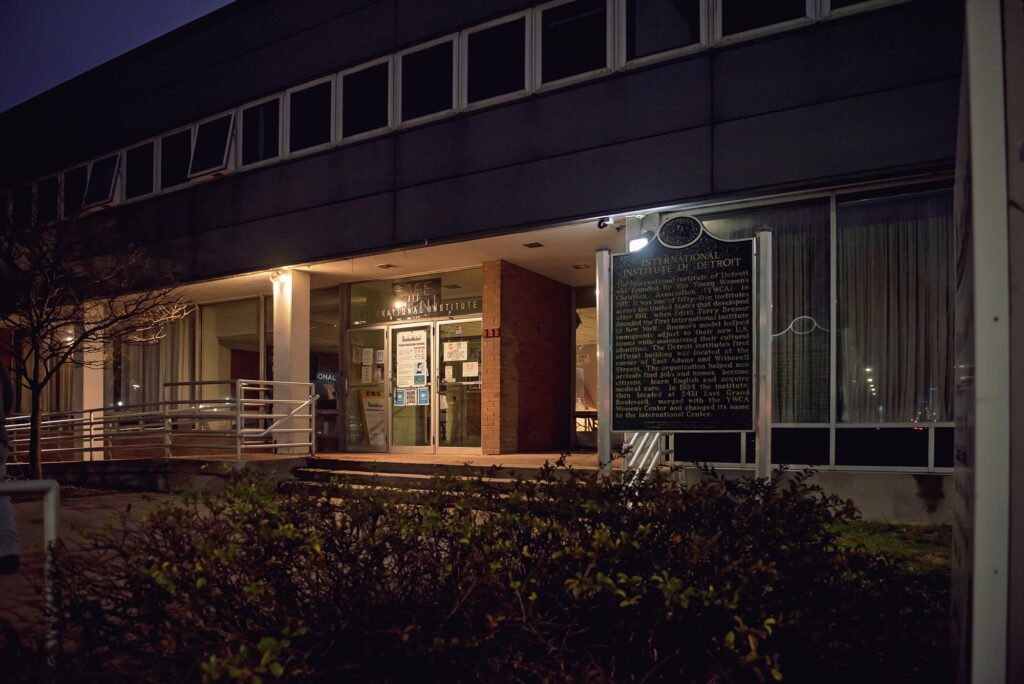
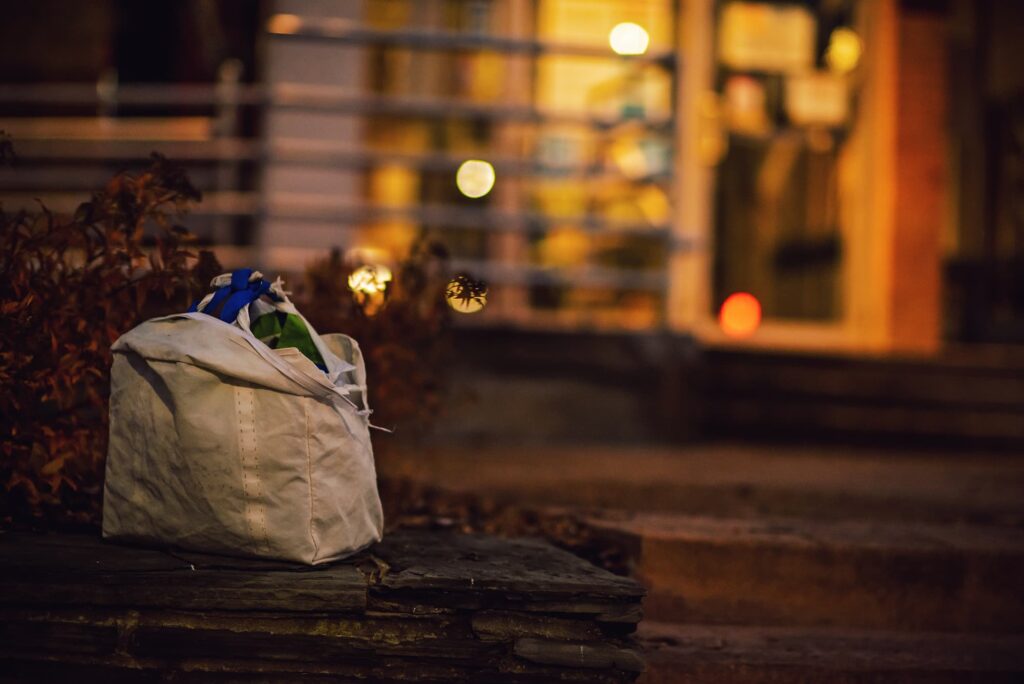
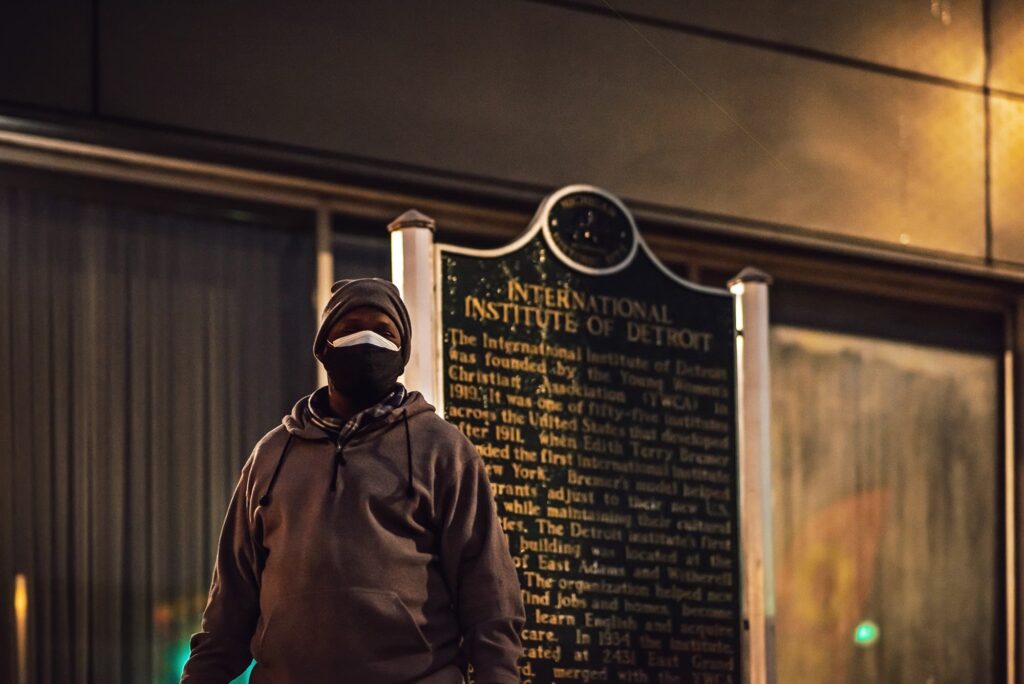
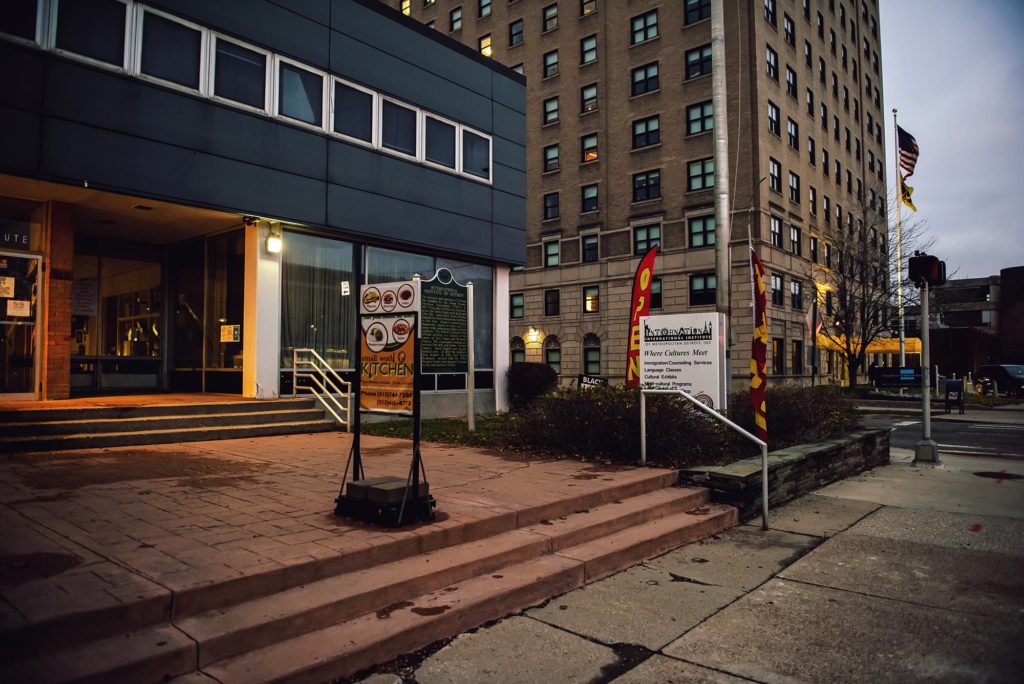
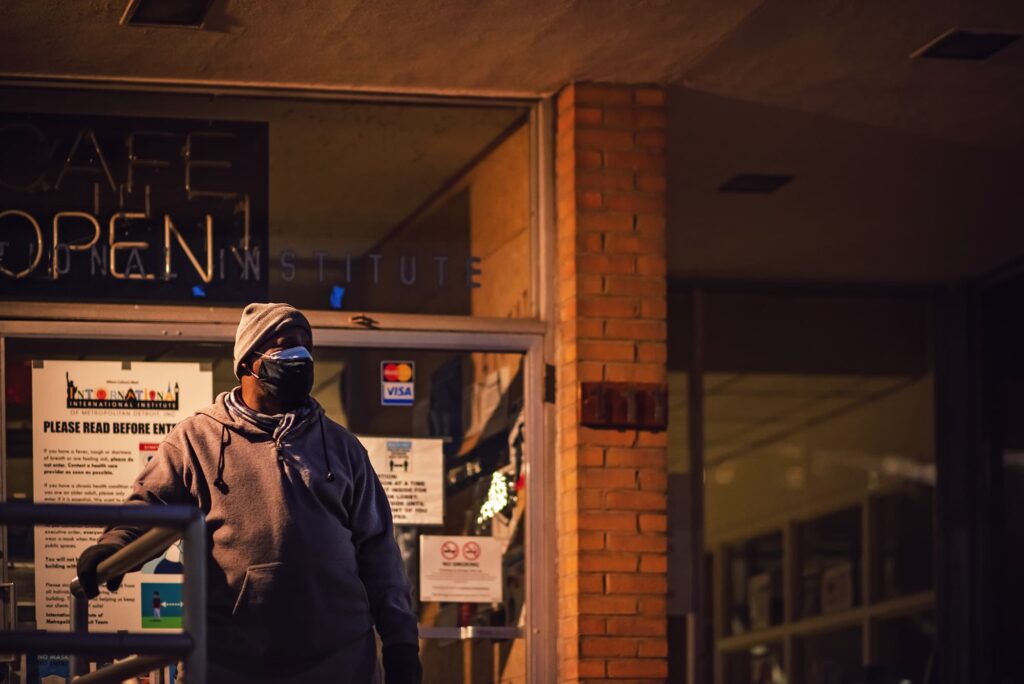
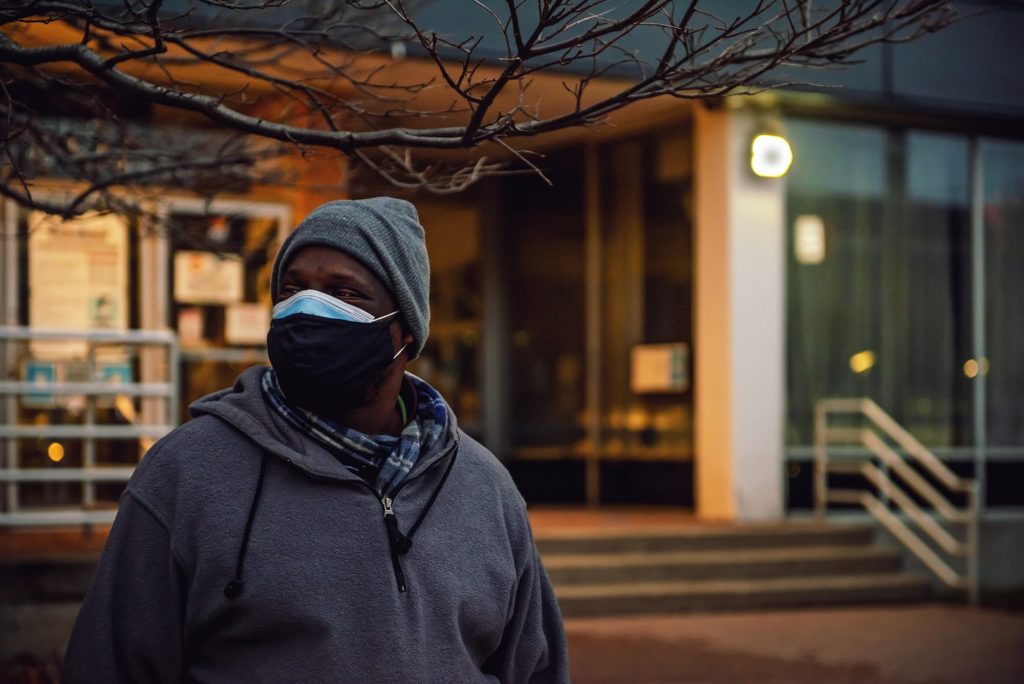
‘A CRITICAL FOUNDATION’
IIMD is one of 13 Centers for Working Families (CWF) United Way for Southeastern Michigan supports, in partnership with Detroit Local Initiatives Support Corporation (LISC). United Way provides operational funding and technical assistance to these community-based organizations. Together, they serve about 4,000 people each year, focusing on employment, financial capabilities and income support.
It’s just one part of our goal to help households reach stability.
“Financial stability is a critical foundation for overall household stability and is interconnected with all other areas of family well-being, including physical and mental health, housing stability, food security, educational outcomes and long-term economic mobility,” Megan said.
“Job loss and housing instability often go hand in hand — a job loss can lead to an eviction, and an eviction can also lead to job loss, because it’s hard to show up to work when you’re worried about where you’ll sleep at night,” Megan said.
She added that falling behind financially and being unable to afford basic needs is a vicious, self-reinforcing cycle. People are forced to constantly juggle bills, and are at risk of utility shutoffs and eviction.
“Job loss and housing instability often go hand in hand — a job loss can lead to an eviction, and an eviction can also lead to job loss, because it’s hard to show up to work when you’re worried about where you’ll sleep at night,” Megan said.
“But with the right supports — starting with an empathetic and knowledgeable coach – it’s possible to create a self-reinforcing positive cycle of financial stability and economic mobility.”
For example, individuals in a stable home are better able to find and keep a job. Adults who can meet their basic needs are less stressed, and able to devote time and energy to career advancement and financial planning. Parents can provide for their children and support their growth.
Darrin thinks about what it would be like to have children and knows he’s better prepared to have a family thanks to the training he’s been through.
“If I do have kids one day, I know how to use the dynamics of being able to balance my budget, take care of my kids, my wife and my home,” he said. “I learned about how to be better with my money.”
The path to stability has its ups and downs. At United Way, our goal is to help people move forward.
“Achieving economic prosperity is a long-term process in which small successes build upon each other, but small setbacks threaten to derail fragile progress,” Megan said.
“As a society, we need to redesign our social support systems to celebrate and encourage small successes more frequently and to be more forgiving of setbacks. We need benefit systems that offer a longer and more generous runway before benefits are reduced or cut off. And we need a much deeper focus on creating truly accessible opportunities for individuals to improve their economic situation regardless of their starting point.”
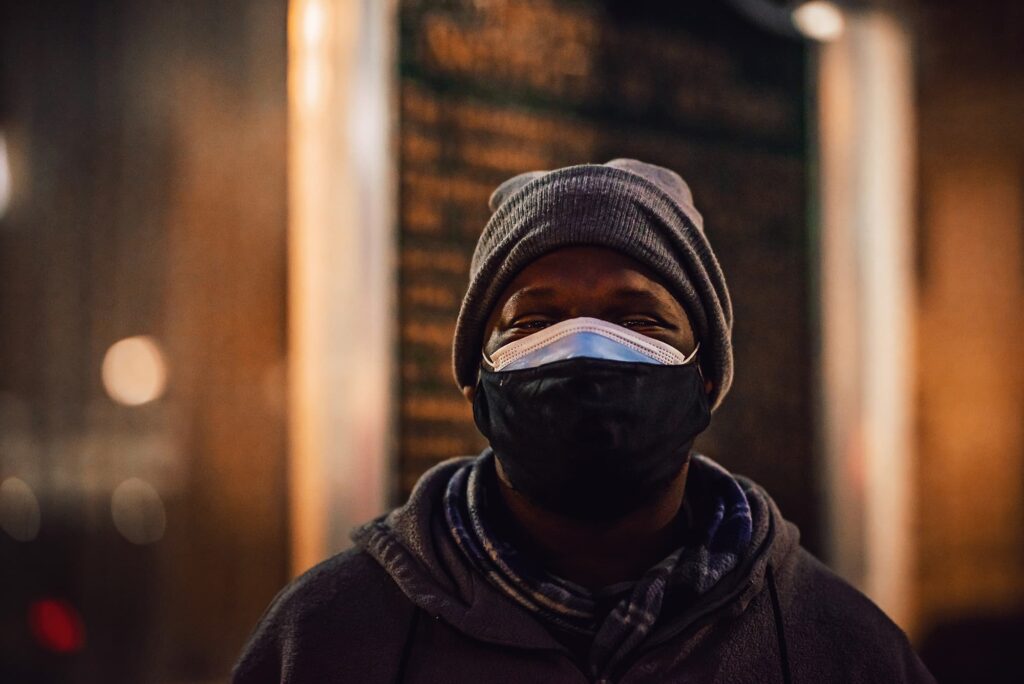
“He’s a survivor,” Bob said of Darrin. “He knows how to survive on the street and he knows how to find work necessary to survive.”
’A CRIMP IN EVERYTHING’
Darrin is fortunate to have found a home before the pandemic set in. But for every person like Darrin, there are many others who are struggling. According to the American Housing Survey, 15 percent of Michigan households were housing insecure even before the pandemic began. Now, with unemployment rates and COVID cases still soaring, we know the problem is much worse.
Our COVID-19 Community Response Fund was there to help families when they needed it most. As of December, United Way supporters helped raise more than $37 million for the fund. Nearly $6 million so far has gone toward shelter in the form of 84 grants to partner agencies. These funds helped our partners continue to provide services to help those experiencing homelessness.
Darrin prefers meeting people in person, but the pandemic has forced things like job interviews to be conducted over the phone or email. Even his meetings with Bob have gone virtual because Bob is working from home.
“I’m not much of a phone person, and because I don’t have a computer, it’s tough (to read emails),” Darrin said.
“It’s really put a crimp in everything.”
“It’s a haven of possibility,” Darrin said of IIMD. “It helps get you to where you want to be.”
‘A HAVEN OF POSSIBILITY’
Darrin has come a long way, but his story is far from over.
“Like everything else in my life, (my job) is only temporary, because I want to start my own business one day,” he said.
His goal is to repair appliances and small engines and work his way up from there.
It’s a far cry from nearly two decades of homelessness, and it all started with a visit to IIMD.
“It’s a haven of possibility,” Darrin said of IIMD. “It helps get you to where you want to be.”
